Visit or Call Our Sleep Guide Texas Showrooms
Our Texas Showrooms Are Here To Help With All Your Favorite Online Brands! And We Offer Exclusive Coupons To Save More!
Learn MorePlease note, we are proudly supported by our readers. The product links are referral based and if you purchase an item we make a small commission. For more information please see our disclosure page.
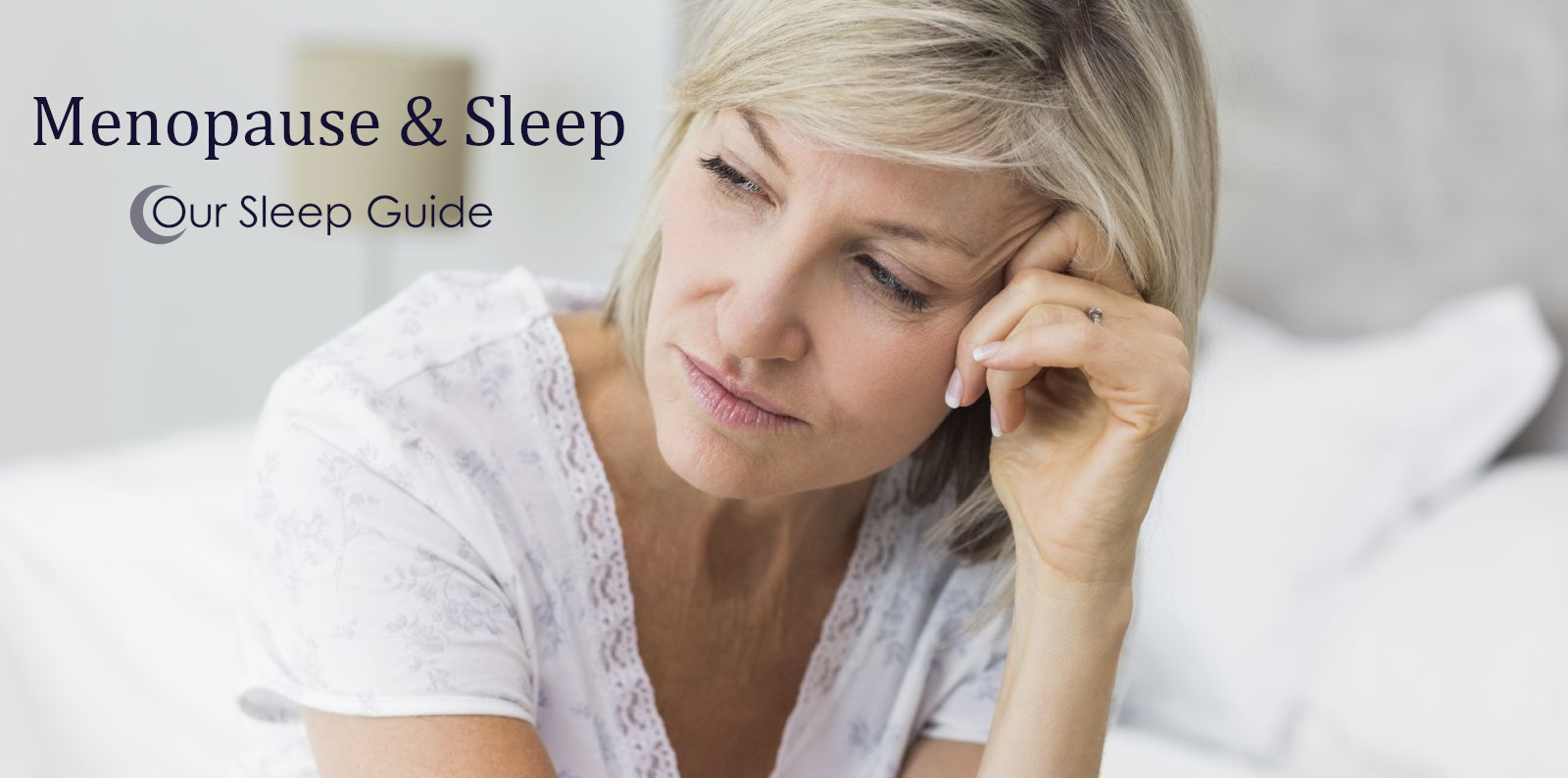
Menopause is full of new changes and challenges. This includes a unique struggle to get to sleep and stay asleep. We are going to go into the details on what it is about menopause that creates challenges for your sleep, as well as ways in which you can get through hot flashes and sleep well. Keep reading for our top tips on getting great sleep through menopause.
Is sleep different for men and women? Find out in our post: Is Sleep Different For Men and Women?

Once you have fully entered into menopause (which is typically considered after you have had at least one year between periods.) Then you will likely be past all of the sleep disruptions caused by the hormonal shift.
Now that we have all of that cleared up, lets get into the reasons as to why menopause makes it so difficult to sleep.
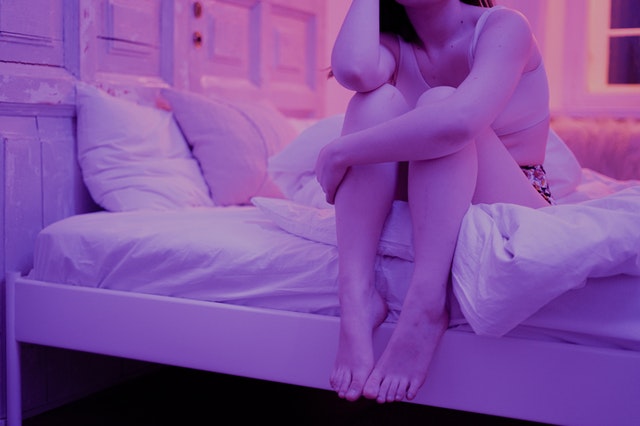
While this process is not overly disruptive or any cause for alarm, it can be rather uncomfortable. Which of course makes it difficult to get to sleep.
However, there are many more contributing factors as to why menopause makes it difficult to sleep. General irritation and mood swings can make it difficult to regulate your mood, relax, and rest. Menopause can also trigger bouts of depression and insomnia. Even general discomfort and irritation caused by menopause can make it difficult to get comfortable and sleep well. Follow our tips on how to find relief and get great sleep despite menopausal symptoms.
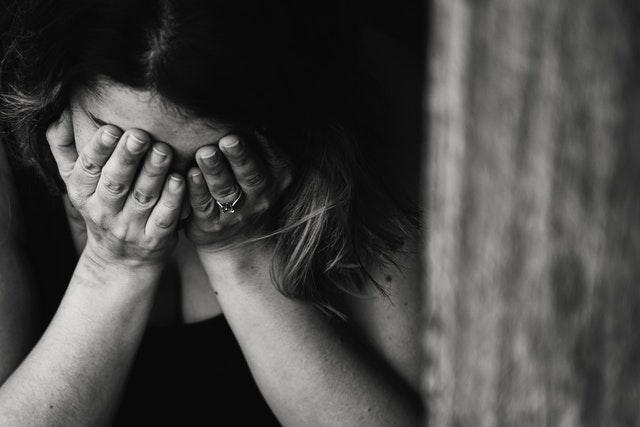
Learn more about how to deal with insomnia in our post: Guide To Insomnia
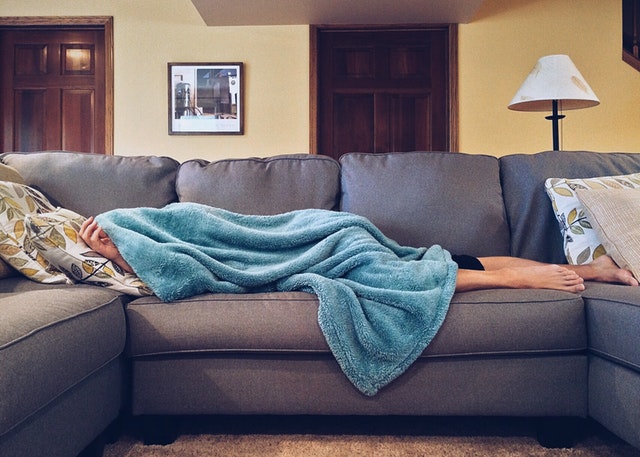
Biphasic, simply means to have two phases. We use it to refer to have two major sleep sessions throughout a 24-hour period. You may find that as you take more naps your sleep at night is not as long, with you either staying up later or waking up earlier. This is completely normal, and as long as you’re getting enough rest to make up for it throughout the day. Then you should have nothing to worry about.
Learn more about it in our post: Biphasic Sleep, Naturally Preferred
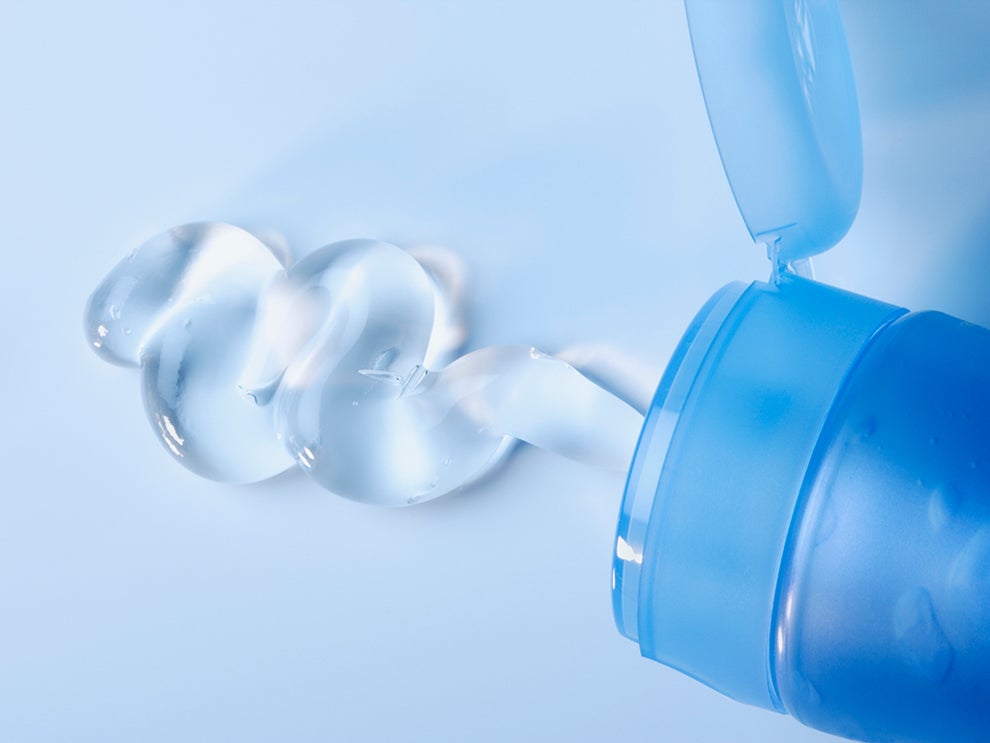
When searching for a lubricant, avoid any that have scents, stimulating ingredients meant for increased pleasure, glycerin, or oil. These ingredients can be highly irritating to sensitive or broken skin.
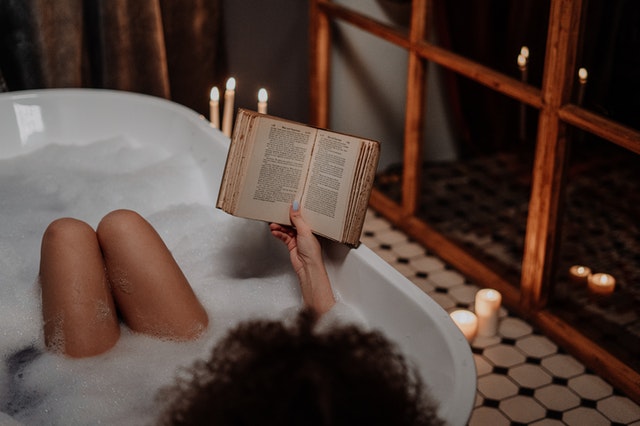
It can be difficult to let go and jump into bed, a relaxing nighttime routine can help you do just that. Your relaxation routine can help you to let go of the day’s irritations and frustrations so you can get some peaceful sleep. Overall, this will help your mood swings the following day too.
You May Also Enjoy: Bedtime Relaxation Exercises

Note, while cigarettes are our main focus and where most research comes from. We advise quitting e-cigarettes and vaping as well in order to lower hot flashes, increase overall health, and get better sleep.
Learn more about how to smoking and the quitting process affects your sleep in our post: How To Quit Smoking and Still Sleep Well
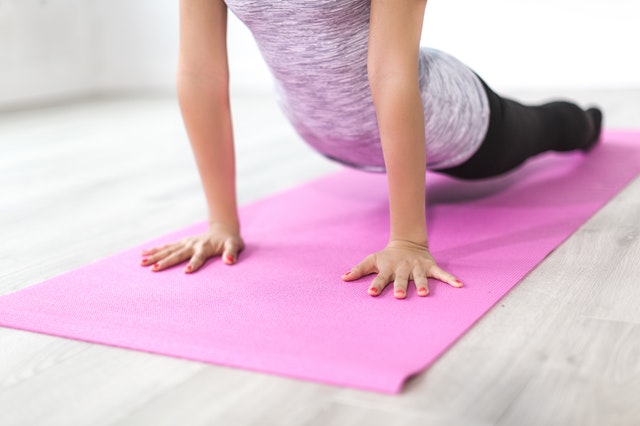
Getting your heartrate up daily can also help reduce overall stress, and increase sleep drive in the evenings. These are all great reasons to get in a workout at least a few days a week, if not every day you can.
Learn more about the many sleep benefits of working out in our post: Exercise and Sleep: Is Exercise Good For Sleep?
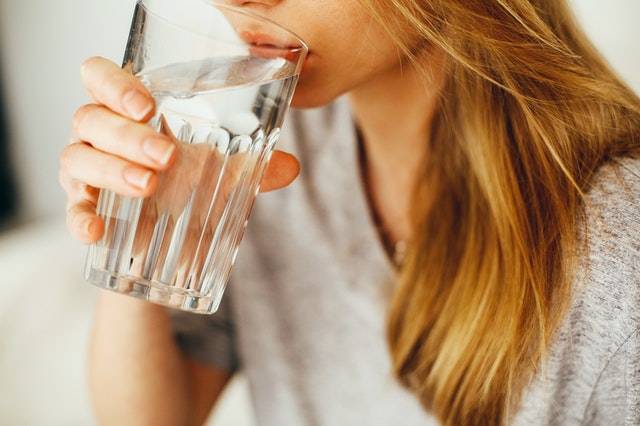
You can drink the water in order to hydrate and cool off. You can also dap your wrists and forehead with the cold water in order to cool off a bit as well. A wash cloth can be helpful for using as a cool compress.
Click the link to learn more about the benefits of staying hydrated for better sleep: Sleep & Hydration
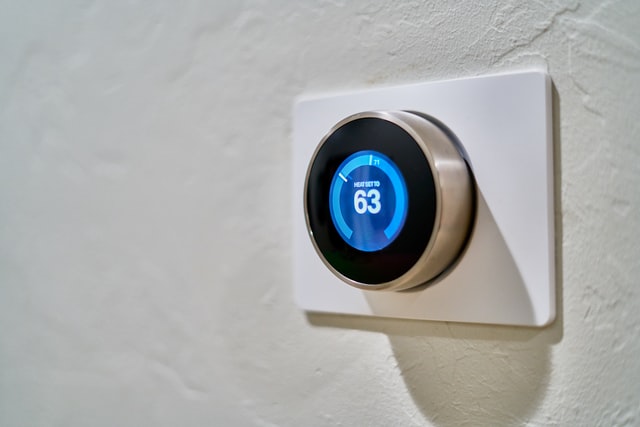
This is where personal cooling devices like pillow or mattress pads can be a great way to cool yourself off in a jiffy without chilling out the entire house, or spending a fortune on your AC. Click below for our favorite cooling sleep products.
Click the link for our favorite cooling products for hot sleepers: Best Cooling Sleep Products For Hot Sleepers
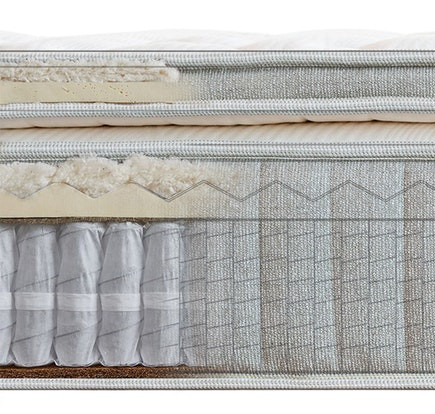
If you’re looking for a cool sleeping mattress, check out our post Best Mattresses For Hot Sleepers. This guide is specifically built to help you find mattresses that have the build and materials to keep you comfortable and cool throughout the night.
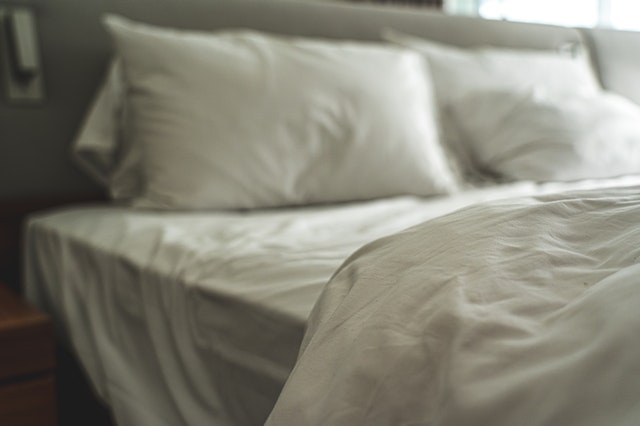
Try to find materials that also wick away moisture, as a sweaty bed can lead to shivering after your hot flash is over, and also generally be uncomfortable. We love the Wharf Tencel Sheets by Eli & Elm. They are silky smooth, breathable, lightweight, and wick away moisture. All of which are perfect for staying comfortable throughout the night.

Breathable blankets help you to cool off, while also allowing any perspiration to wick away as well. Keeping you cool and dry throughout the night. A great option for something like this is the Napper Blanket, by Bearaby. This woven blanket style lets in a lot of airflow.
Click here to check out the best comforters for sleeping cool!
We hope all of this new information, sleep tips, and product recommendations all help you get the sleep you need through menopause. Staying calm and cool are the main focuses in order to remain comfortable. However, there are a few other tips that could help out as well, like staying lubricated for better comfort. Overall, we hope this new information helps you get back to sleeping well.

If you have a question for us, we would love to hear from you! Send a message to our Contact Us page and we will help in any way we can.
Our Texas Showrooms Are Here To Help With All Your Favorite Online Brands! And We Offer Exclusive Coupons To Save More!
Learn More